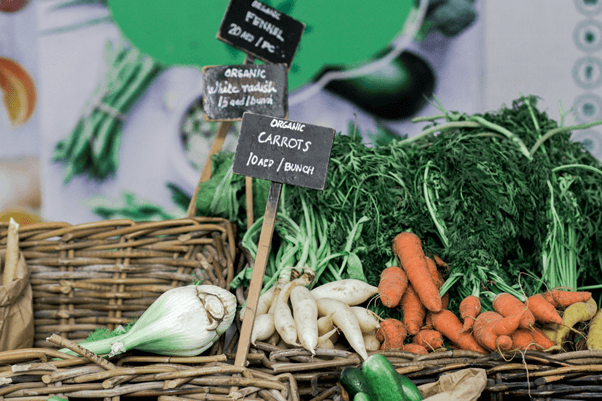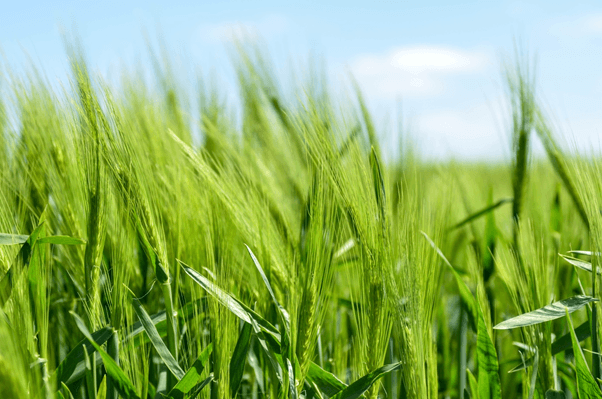Benefits of Organic Agro Products
by Rahul Baruah , Posted on May 27, 2020
Organic farming is a method of crop and livestock production that involves much more than choosing not to use pesticides, fertilizers, antibiotics, and growth hormones. Organic production is a holistic system designed to optimize the productivity and fitness of diverse communities within the agro ecosystem, including soil organisms, plants, livestock, and people. With the increasing demand for green safe food, has attracted the attention of the people towards organic farming.
There are several benefits of using organic agriculture products :
1. Less use of harmful chemicals

Farmers tend to use tons of chemicals in order to increase the production of crops from a limited piece of land. The chemicals make the crop resistant to disease and hence, boost the production. However, in the long term use of these chemicals leads to contamination of the soil, water supply, and air. The synthetic chemicals used to supplement the process like crop rotation causes soil erosion. Organic fields have eight more inches of topsoil than the chemically treated fields where only one-third of the soil is lost due to erosion. Thus, more use of chemicals makes the soil uncultivable for the long term. Organic farming discourages the use of chemicals and hence, conservation of our natural environment.
2. Reduces Pollution

Organic farming is a sustainable practice that helps in combating the phenomenon of global warming. It not only reduces the carbon dioxide present in our surroundings but also slows down the process of climate change.
Organic farming is much more efficient at recycling nitrogen than conventional farming, helping reduce global nitrogen pollution. Organic farms use recycled resources for 80 percent or more of the nitrogen used to grow food, meaning less reactive is released in the atmosphere, soil, and water.
With the increasing population, and growing need to feed more mouths in years to come, it’s of significant importance to adopt this practice of farming, to ensure that our natural resources can feed our future generation.
3. Less energy required

Another environmental benefit of organic farming is the reduction of energy use. Some popular crops such as corn require nitrogen-rich soil which is a high energy-rich product if it is farmed in the conventional method. Conventional method achieves this by heavily using nitrogen-rich fertilizers whereas organic farming achieves this by using composted manure and the use of cover crops. Avoiding fertilizers helps in the conservation of energy. This is because manufacturing synthetic fertilizer requires a significant amount of energy.
4. Overall Better Health

The use of natural techniques such as green manure to fertilize the lands and crop rotation in pest and disease control work absolutely well in producing safer, healthier, and, smellier final food products. Besides, healthy foodstuff simply means healthy people and better nourishment for a better living for both people and animals. The mineral and sugar structures in organic foods are tasty because the crops are given more time to develop and mature. The use of natural and environmentally friendly agricultural production techniques is revealed to be the reason for the better taste in organic food products.
5. Conserve Agricultural Diversity

In the last century, around 75 percent of the agricultural diversity of crops have been wiped out.
Following only a single form of farming is a recipe for disaster. Pests can knock out many species of the crop in this case. Organic farming on the other hand help produce disease and pest-resistant crops to assure future sustainability.
Find Genuine Organic Products at www.getkraft.com.